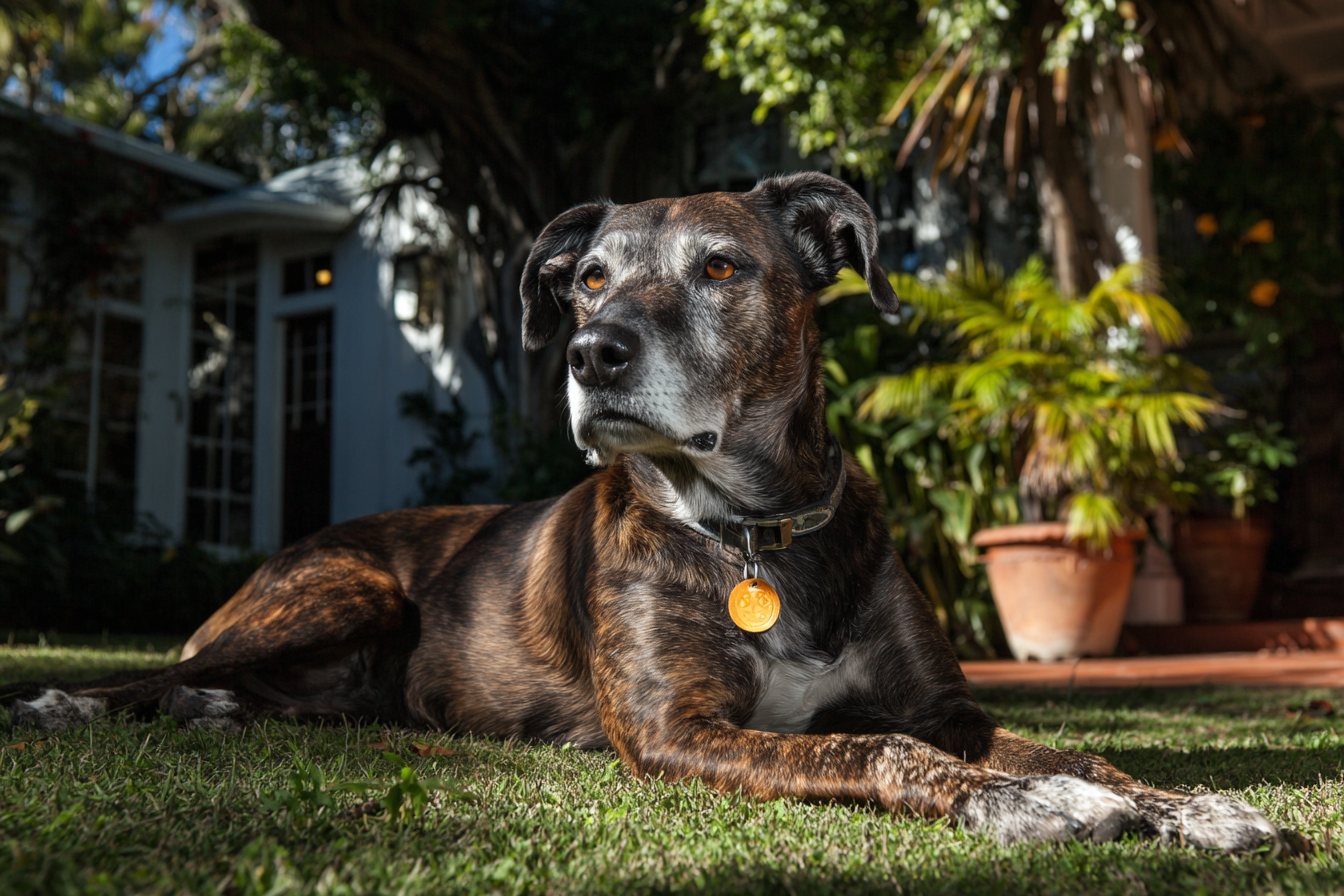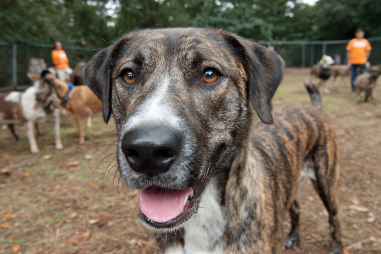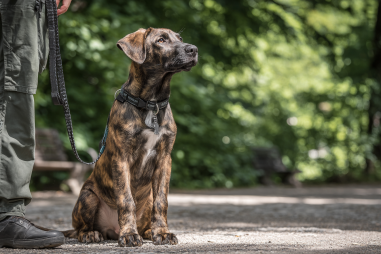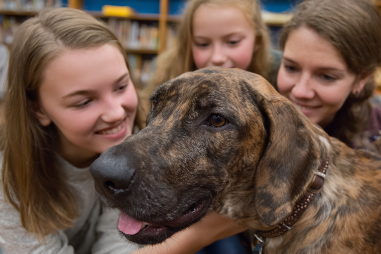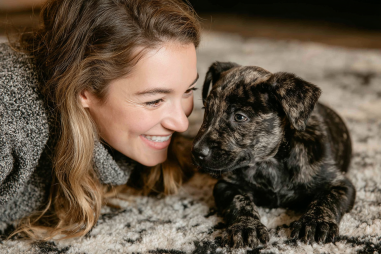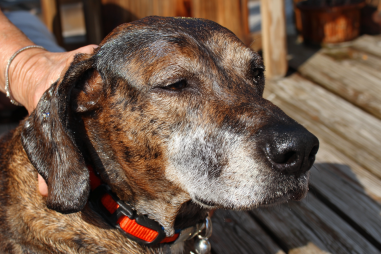The Plott Hound, a breed known for its striking brindle coat and powerful hunting skills, carries a unique temperament and personality that makes it stand out among other hounds. Whether you’re considering adding a Plott Hound to your family or are simply fascinated by their behavior, understanding these traits is essential in determining if this breed suits your lifestyle. From their natural instincts to how they interact with loved ones and strangers, their personality offers a rich insight into what life with a Plott Hound entails.
Typical Behavioral Traits of Plott Hounds
Plott Hounds are celebrated for their courage, intelligence, and tenacity. These traits stem from their history as hunting dogs designed to track and chase down game, particularly boar. As a result, Plott Hounds often exhibit high energy levels combined with a strong drive to follow scents and trail. They are exceptionally alert and aware of their surroundings, making them excellent watchdogs.
These dogs tend to be confident and independent thinkers, which can sometimes translate into stubbornness. However, with proper training and socialization, they become obedient and eager to please. Their deep loyalty to their owners means they thrive when given consistent guidance and positive reinforcement.
Interaction with Family Members and Children
When it comes to family life, Plott Hounds are typically affectionate and devoted companions. They build strong bonds with their owners and enjoy being included in daily activities. Plott Hounds often show a gentle side around their people, including children. Their playful and protective nature can make them wonderful family pets, especially with kids who understand how to respect and interact with dogs.
That said, due to their size and energy, supervision is recommended when they are around young children. Teaching children how to approach and handle a Plott Hound helps prevent any accidental rough play. Overall, these dogs enjoy being part of an active household and can often keep up with energetic children during playtime or outdoor adventures.
Socialization with Other Pets and Strangers
Plott Hounds generally get along well with other dogs, especially if introduced early during puppyhood. However, their hunting instincts may sometimes cause them to see smaller animals as prey, so extra caution is advised when they are around cats or small pets. Consistent socialization and controlled exposures to different types of animals help reduce any aggressive tendencies and improve harmonious living.
Regarding strangers, Plott Hounds tend to be reserved rather than overly friendly. They may initially shy away or show caution around new people, but they rarely exhibit unwarranted aggression. Their natural alertness makes them good at sensing unfamiliar presence, contributing to their role as protectors of their home and family.
How Hunting Instincts Influence Personality
One of the defining features of the Plott Hound’s personality is its potent hunting instinct. Bred to track scent trails over rugged terrain, this trait is deeply embedded in their DNA. It leads these dogs to be incredibly focused and driven when following a scent or on a mission, sometimes causing them to ignore commands if something exciting is afoot.
Their strong preoccupation with smell and pursuit means they need plenty of mental and physical stimulation. Without sufficient outlets, these instincts can manifest as restlessness or destructive behavior. Owners often find that providing activities like scent games, tracking exercises, or extensive walks helps keep their Plott Hound mentally satisfied.
Managing Natural Instincts in a Domestic Setting
While Plott Hounds thrive on activity and purpose, living in a typical household requires balancing their wild side with social manners. Consistent training is crucial to managing their hunting impulses. Early obedience training combined with firm, patient leadership will teach a Plott Hound to respond to commands even when distractions are present.
Exercise is another key component. Due to their stamina, they need long daily walks, play sessions, or opportunities to run in safe, enclosed areas. Mental stimulation through puzzle toys, scent tracking activities, or obedience challenges also helps lessen boredom and curtails negative behaviors. A well-managed Plott Hound is a well-balanced, content dog that enriches family life rather than complicates it.
Choosing a Plott Hound for Your Home Environment
Deciding if a Plott Hound fits your home environment involves considering their energetic and driven nature. They are not typically suited for apartment living or sedentary households without room to roam and explore. Ideally, they thrive in homes with spacious yards or access to natural areas where they can stretch their legs and engage their hunting instincts safely.
Potential owners should be prepared to invest time in training, socialization, and regular exercise. The breed does best with families or individuals who enjoy outdoor activities and have experience with energetic dogs. If you have other small pets, deliberate introductions and ongoing supervision are essential to prevent conflicts.
If you seek a loyal, brave companion with a zest for life and a scent-driven mind, the Plott Hound may match your lifestyle well. Their personality brings joy and lively presence to active homes ready to embrace their unique needs.
Final Thoughts on Plott Hound Temperament and Personality
The Plott Hound is a remarkable breed carrying a fascinating blend of bravery, loyalty, intelligence, and hunting prowess. Their temperament reflects their heritage as expert trackers, bringing energy, focus, and independence into everyday life. Understanding these traits is key in providing the right environment where the Plott Hound can flourish.
For individuals or families prepared to engage with their dog’s instincts, provide ample exercise, and foster positive socialization, the Plott Hound can become a cherished and steadfast companion. Their affectionate nature combined with their protective instincts makes them not just a pet but a true member of the family.

